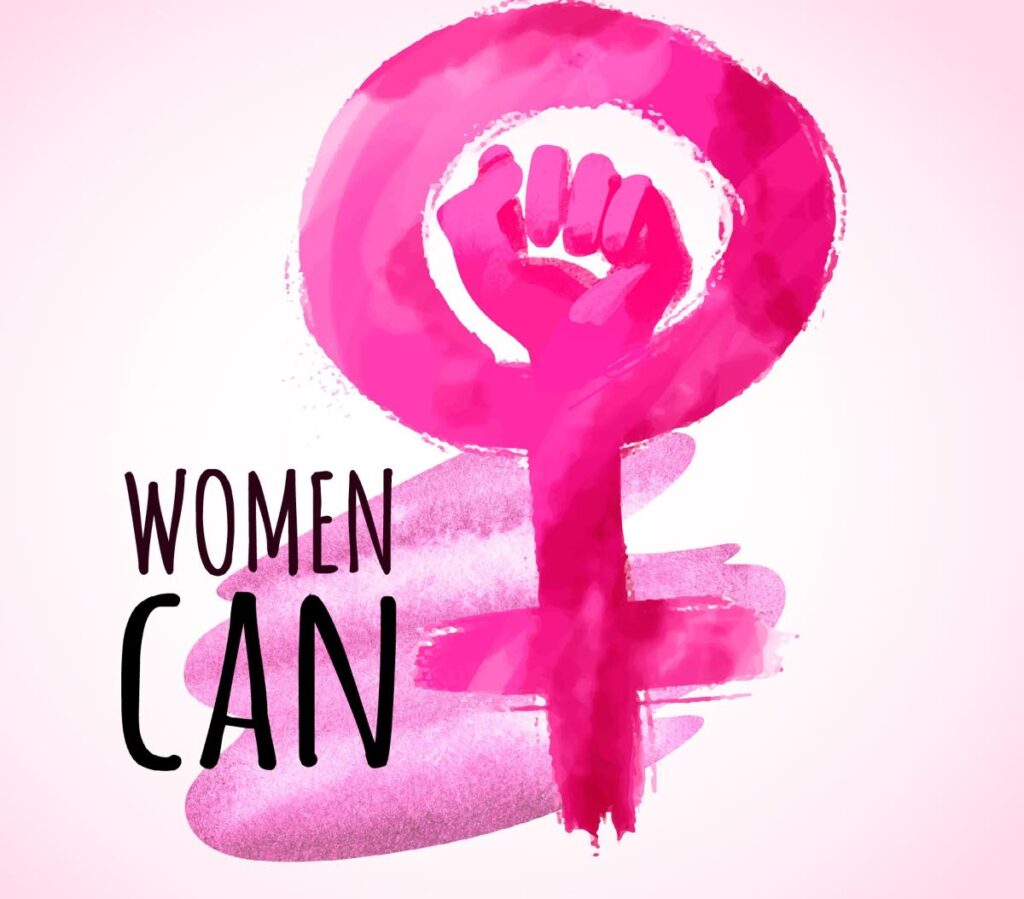Guide for female leaders in male-dominated industries

Judy M McCutcheon
Dear AFETT,
I work in a male-dominated industry and somehow I've managed to beat the odds to sit in a position of (junior) leadership.
My main issue is that I am the only manager who leads a majority female team. When we have problems to be addressed within the workplace, almost everyone (both junior and senior staff) expects me to speak out, and at that stage, when venting their issues, people are vocal with their disappointment and ideas for change within the workplace.
However, when I do speak out to senior leadership, there is no support from those same people and I am left as the one painted and labelled as a troublemaker. It looks like I am the one with all of the problems.
I have become so jaded and traumatised by successive occurrences of this that I no longer want to speak up, even when it is an issue that directly affects me.
Please help. I feel like I am shrinking into a version of myself that I no longer recognise. I am very unmotivated.
Dear Tremaine,
In the dynamic and often demanding world of work, trauma can show itself in many ways, affecting a person’s ability to speak up and advocate for themselves.
For many women in male-dominated industries, the leadership journey is often fraught with challenges, including navigating systemic biases and cultural norms that may undermine their contributions. The reluctance to speak up or voice concerns can stem from past experiences of marginalisation, discrimination or even harassment, leading to a sense of isolation and disempowerment.
As a female leader in such environments, it's not uncommon to feel the weight of these burdens, particularly when faced with the added challenge of being labelled a troublemaker for speaking out. The fear of reprisal or being dismissed can further exacerbate feelings of frustration and helplessness.
However, it's essential to recognise that this hesitancy to speak up is often a result of deep-rooted trauma and not a reflection of incompetence or inadequacy.
In times of adversity, the importance of female solidarity and support cannot be overstated. By coming together and lifting each other up, women can create a powerful network of allies who understand the unique challenges they face and are committed to fostering a culture of inclusivity and empowerment.
When females in the workplace support one another, barriers are broken and progress becomes unstoppable.

Here are some actionable steps you can take to help you navigate these challenges:
Build allies: Identify individuals within your organisation who are supportive and can advocate for you.
Cultivate relationships with colleagues, mentors, or other leaders who understand your perspective and can amplify your voice in the workplace.
Document everything: Keep detailed records of the issues you raise, responses from senior leadership and instances of lack of support.
Having evidence to support your concerns can strengthen your case and help you advocate for yourself more effectively.
Seek feedback: Request feedback from trusted colleagues or mentors on how you communicate your concerns.
Sometimes, adjusting your approach or reframing your concerns differently can lead to better receptivity from others.
Focus on solutions: When addressing issues with senior leadership, offer potential solutions or actionable steps to address the problem.
Presenting constructive suggestions demonstrates your commitment to problem-solving and can shift the conversation towards finding solutions.
Find support outside work: Maintain a support network outside your professional environment where you can share experiences and receive encouragement.
Friends, family or support groups can provide a safe space to discuss challenges and seek guidance.
Develop a self-care routine: Prioritise self-care activities that help you recharge and maintain your well-being.
Engage in exercise, mindfulness practices, hobbies or spend time with loved ones to prevent burnout and restore motivation.
Seek external resources: Explore external resources such as professional coaches or therapists.
These professionals can offer impartial, tailored guidance and provide additional support.
Remember, your voice and perspective are valuable, and you deserve to be heard and supported in your leadership role.
Never hesitate to advocate for yourself and seek guidance and assistance when needed.
Together, with the right strategies and support, you can navigate challenges, reclaim your confidence and make it to the top, even in a male-dominated industry.
This article was submitted by the Association of Female Executives of Trinidad and Tobago (AFETT).
AFETT is a non-profit organisation formed in 2002 with the goal of bringing together professional women and engaging in networking opportunities, training and business development.
Ask AFETT is brought to you by the Research and Public Advocacy team and addresses issues and concerns of executive and entrepreneurial professionals.



Comments
"Guide for female leaders in male-dominated industries"